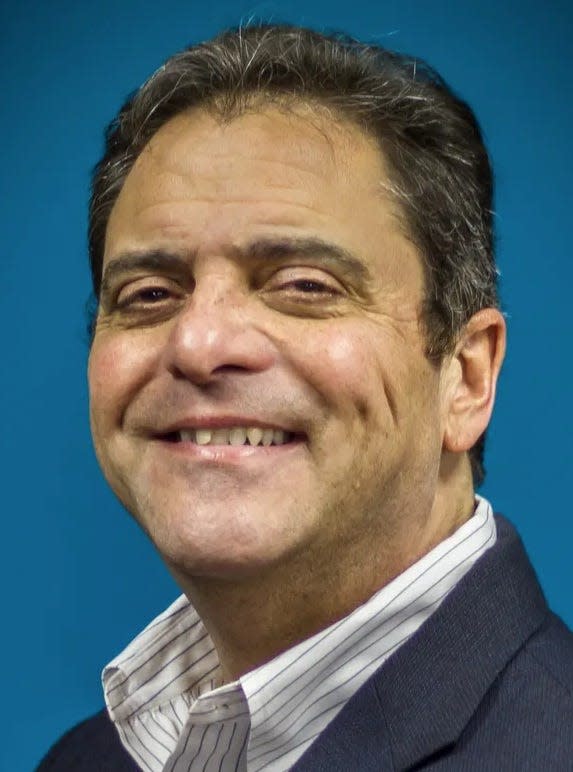Bridging the digital divide: Why government-owned networks aren't the solution | Opinion
It’s difficult for most of us to imagine what life would be like without access to broadband internet at home. However, for more than 20 million Americans, that is the reality, especially for Latinos in rural Tennessee. Those without high-speed internet are at a disadvantage in today’s highly connected world, losing access to employment and education opportunities and core services like health care.
The COVID-19 pandemic made this digital divide even more stark as Internet access at home became crucial for families and students to keep up with their responsibilities. According to the PEW Research Center only 65% of Hispanics have broadband in their homes. And Tennessee’s Hispanic population growth is far outpacing other races and ethnicities.
To address access challenges, the federal government funded a variety of initiatives, including the Affordable Connectivity Program, which provided a discount for up to $30 a month for internet service to low-income households. These direct-to-consumer subsidies are built on free market principles and consumer choice – which is a smart way to efficiently and effectively leverage public money and private sector know-how.
Additionally, the federal Broadband Equity Access and Deployment Program will expand high-speed internet to rural and underserved communities across the country. Tennessee’s allocation of more than $800 million will be deployed later this year.
There are two ways to disburse these funds. One route is using public funds to provide grants that incentivize private internet providers to expand into areas that might otherwise not be profitable. This approach helps connect consumers with experienced, reliable private providers who know how to operate and maintain a high-speed network.
The other is to fund the creation of government-owned and operated networks that usually have no experience delivering internet service, and that often require continuous taxpayer funding to build, run, update and service the network. Here in Tennessee, the Harriman Utility Board in Roane County is in the process of seeking approval to spend millions of dollars to build its own network in order to reach fewer than 200 underserved homes. This approach is not good stewardship of taxpayer funds.
In a place like Harriman, where the private sector covers approximately 99% of the area, a better use of taxpayer resources would be to work with existing providers to serve the last few underserved areas instead of taxpayers funding an entirely new network to then go and compete with private companies.
Governments aren't positioned to thrive in an increasingly competitive internet marketplace that includes existing and emerging players such as SpaceX’s Starlink, widening 5G coverage, falling prices across the industry and rising connectivity speeds.
For example, Bardstown, Kentucky, which sold its government-owned and -operated network, provides a good lesson. As the market shifted and private ISPs began offering lower prices and faster service, Bardstown Connect was left in the dust. It was recently sold to Charter Communications as revenue collapsed and subscribers fled to private providers.

“A city is most adept at dealing with legacy utilities – things that don’t change very much,” noted Bardstown CFO Aaron Boles. Citing increased competition, Boles said the city made the “business decision” to sell to avoid “costly network upgrades and raising consumers’ bills.”
In the future, internet speed and capacity demands will continue to increase. Private companies have decades of experience building, operating and maintaining state-of-the-art broadband networks that government-owned utilities do not have.
Government-operated networks are simply not equipped to compete against private companies. Additionally, government has other priorities, including protecting public safety, infrastructure and educating students.

Bridging the digital divide should continue to be a priority for government. Leveraging public dollars to partner with the private sector offers the best way to do so. Funding government-operated networks will do nothing but drain scarce resources from more necessary services and put taxpayers at long-term risk of maintaining government-owned networks.
Raul Lopez lives in Nashville and is co-founder and chairman of Latinos for Tennessee. Nilsa Alvarez lives in Seymour and serves as national spokesperson for the organization.
This article originally appeared on Knoxville News Sentinel: Opinion: Government-owned networks can't bridge digital divide

